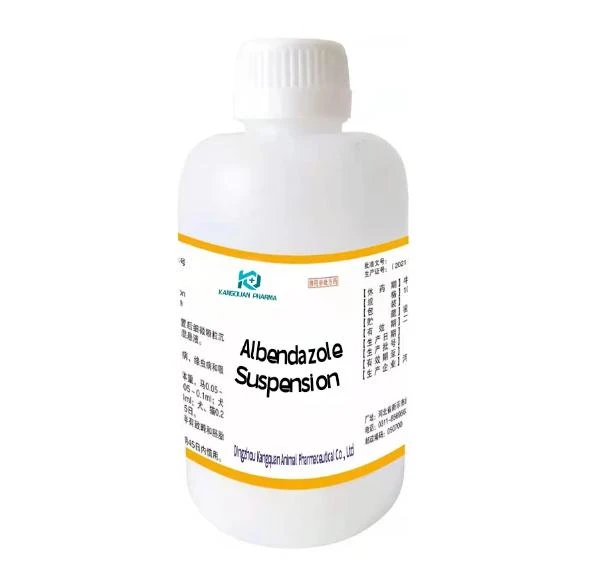- Afrikaans
- Albanian
- Amharic
- Arabic
- Armenian
- Azerbaijani
- Basque
- Belarusian
- Bengali
- Bosnian
- Bulgarian
- Catalan
- Cebuano
- Corsican
- Croatian
- Czech
- Danish
- Dutch
- English
- Esperanto
- Estonian
- Finnish
- French
- Frisian
- Galician
- Georgian
- German
- Greek
- Gujarati
- Haitian Creole
- hausa
- hawaiian
- Hebrew
- Hindi
- Miao
- Hungarian
- Icelandic
- igbo
- Indonesian
- irish
- Italian
- Japanese
- Javanese
- Kannada
- kazakh
- Khmer
- Rwandese
- Korean
- Kurdish
- Kyrgyz
- Lao
- Latin
- Latvian
- Lithuanian
- Luxembourgish
- Macedonian
- Malgashi
- Malay
- Malayalam
- Maltese
- Maori
- Marathi
- Mongolian
- Myanmar
- Nepali
- Norwegian
- Norwegian
- Occitan
- Pashto
- Persian
- Polish
- Portuguese
- Punjabi
- Romanian
- Russian
- Samoan
- Scottish Gaelic
- Serbian
- Sesotho
- Shona
- Sindhi
- Sinhala
- Slovak
- Slovenian
- Somali
- Spanish
- Sundanese
- Swahili
- Swedish
- Tagalog
- Tajik
- Tamil
- Tatar
- Telugu
- Thai
- Turkish
- Turkmen
- Ukrainian
- Urdu
- Uighur
- Uzbek
- Vietnamese
- Welsh
- Bantu
- Yiddish
- Yoruba
- Zulu
Νοέ . 13, 2024 10:00 Back to list
dexamethasone sodium phosphate injection dosage
Dexamethasone Sodium Phosphate Injection Dosage
Dexamethasone sodium phosphate is a powerful corticosteroid medication commonly used to treat various conditions due to its anti-inflammatory and immunosuppressive properties. It is essential to administer the correct dosage to maximize its therapeutic effects while minimizing potential side effects. This article discusses the dosage guidelines for dexamethasone sodium phosphate injection, factors influencing dosage adjustments, and the importance of medical supervision.
General Dosage Guidelines
The dosage of dexamethasone sodium phosphate can vary depending on the specific medical condition being treated, the severity of the condition, and the patient's overall health status. In general, for adults, the initial dosage can range from 0.5 to 9 mg per day, depending on the diagnosis. For example, in severe allergic reactions or acute exacerbations of chronic diseases like asthma, higher initial doses may be required.
For intravenous or intramuscular administration, dexamethasone sodium phosphate is usually given in divided doses throughout the day. After the initial treatment, the dosage may be gradually tapered down as the patient shows improvement. In certain circumstances, continuous infusion may be considered for patients requiring long-term management.
Pediatric Dosage
Dosing for pediatric patients typically requires more caution and often depends on the child’s weight. A common practice is to administer 0.02 to 0.3 mg/kg body weight per day, divided into several doses. It is crucial to monitor children closely due to their physiological differences and potential for varying responses to medication.
Factors Influencing Dosage Adjustments
Several factors can impact how dexamethasone sodium phosphate is dosed for individual patients
dexamethasone sodium phosphate injection dosage

1. Age and Weight The pediatric population requires careful dosing adjustments based on weight. Elderly patients may also be more sensitive to corticosteroids, necessitating lower doses. 2. Medical History Patients with a history of diabetes, hypertension, or other chronic diseases may require modifications to avoid exacerbating these conditions.
3. Drug Interactions Certain medications can interact with dexamethasone, enhancing or diminishing its effects. Drugs such as phenobarbital, phenytoin, and rifampin can decrease dexamethasone's efficacy. Conversely, nonsteroidal anti-inflammatory drugs (NSAIDs) may increase the risk of gastrointestinal side effects when taken together.
4. Route of Administration The mode of administration—whether it’s intravenous, intramuscular, or orally—can influence the dosage. In emergencies, intravenous administration is typically preferred for its rapid action.
5. Therapeutic Response Each patient’s response to treatment can vary significantly. Regular monitoring and assessment of the therapeutic effects are essential, and adjustments to the dosage should be made accordingly.
Risks and Side Effects
While dexamethasone sodium phosphate is an effective treatment option, it is important to be aware of potential side effects. Common adverse reactions can include increased appetite, mood swings, insomnia, and changes in blood sugar levels. Long-term use, especially in high doses, may lead to more severe complications, such as adrenal suppression, osteoporosis, and increased risk of infection.
Importance of Medical Supervision
Administering dexamethasone sodium phosphate should always occur under strict medical supervision. Health care providers will provide tailored dosing recommendations based on individual patient needs, taking into account all the aforementioned factors. Regular follow-ups allow for monitoring of side effects and adjustment of dosage as required.
In conclusion, dexamethasone sodium phosphate injection can be a very effective treatment when used correctly. Proper dosage is critical for maximizing benefits while minimizing risks, and ongoing communication with healthcare providers is essential for patient safety. For anyone considering or currently using dexamethasone sodium phosphate, adhering to prescribed doses and maintaining regular consultations with a physician will significantly enhance treatment outcomes and overall health.
-
Guide to Oxytetracycline Injection
NewsMar.27,2025
-
Guide to Colistin Sulphate
NewsMar.27,2025
-
Gentamicin Sulfate: Uses, Price, And Key Information
NewsMar.27,2025
-
Enrofloxacin Injection: Uses, Price, And Supplier Information
NewsMar.27,2025
-
Dexamethasone Sodium Phosphate Injection: Uses, Price, And Key Information
NewsMar.27,2025
-
Albendazole Tablet: Uses, Dosage, Cost, And Key Information
NewsMar.27,2025













